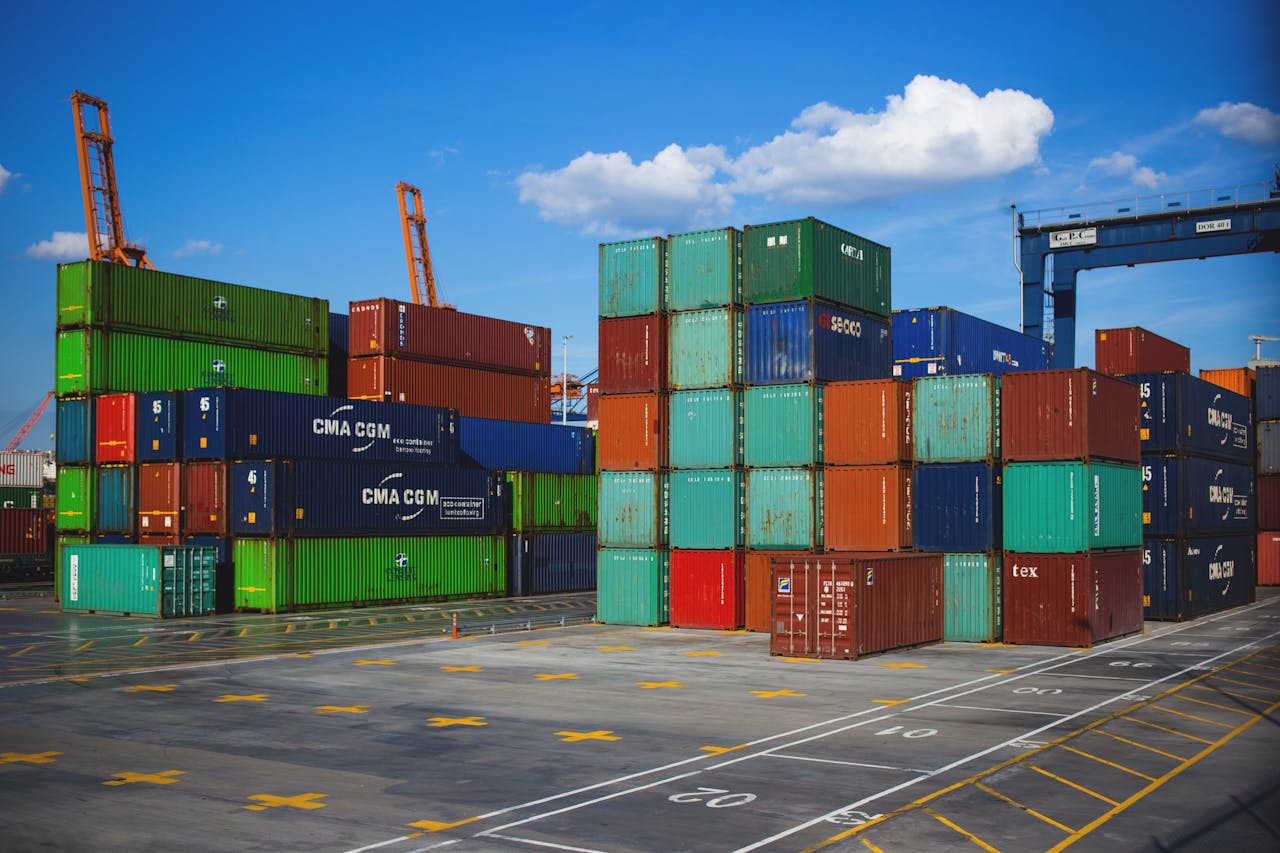Businesses in Thailand That Do Not Require a Foreign Business License (FBL)
The Foreign Business Act (FBA) in Thailand requires foreign nationals to obtain a Foreign Business License (FBL) to engage in certain activities deemed sensitive or critical to the national interest. However, the approval process can be time-consuming, and there is no guarantee that all applications will be approved. The outcome depends on factors such as the business plan, the uniqueness of the technology used, and the potential benefits the business brings to the country.
Nevertheless, there are various business structures and conditions under which foreign investors can operate in Thailand without needing to obtain an FBL. This article explores the types of businesses that are exempt from the FBL requirement.
BOI-Promoted Companies
The Board of Investment (BOI) in Thailand offers incentives to both foreign and local businesses to invest in specific industries. BOI-promoted companies can enjoy numerous benefits, including exemptions from the FBL requirement.
BOI-promoted companies may also receive tax incentives, exemptions from import duties, and other benefits, such as land ownership and work permits, without the general requirements of 2 million Baht capital and 4 Thai staff per work permit.
Common industries eligible for BOI promotion include high-tech manufacturing, biotechnology, digital industries, and renewable energy.
Service industries are also popular among foreign investors applying for BOI promotion, particularly in categories such as TISO (Trade and Investment Support Offices), software development, and IBC (International Business Centers). Each category has its own specific requirements and conditions, so companies should thoroughly review these criteria to ensure compliance.

Companies with Majority U.S. Shareholders
(Treaty of Amity)
Under the Treaty of Amity and Economic Relations between the United States and Thailand, U.S. nationals or U.S.-owned companies are granted special privileges for doing business in Thailand. This treaty allows American investors to own 100% of a company’s shares and operate without requiring an FBL.
It is important to note that the beneficial owners of the U.S. company must be U.S. citizens, and the majority of the company’s directors must also be American.
However, not all businesses are covered by this treaty. For example, sectors such as domestic transportation, telecommunications, domestic trade of agricultural products, banking, land exploitation, and other natural resources remain restricted.

Manufacturing Companies
A manufacturing company in Thailand does not require an FBL if it focuses on producing goods and sells only its own products, whether for domestic sale or export. Manufacturing businesses are considered essential to Thailand’s economy and are generally viewed as less of a threat to local industries compared to service-based businesses or those in restricted sectors.
Foreigners can establish a manufacturing company with 100% ownership without needing an FBL. However, businesses engaged in made-to-order or contract manufacturing are classified as service businesses and would require an FBL.
Trading Companies with 100 Million Baht Registered Capital (Fully Paid-Up)
According to the FBA, a retail business with minimum capital lower than 100 million Baht, or a retail store with capital lower than 20 million Baht, requires an FBL. Similarly, a wholesale business with minimum capital lower than 100 million Baht also requires an FBL.
Therefore, if a foreign-owned company operates a retail or wholesale business with a minimum capital of at least 100 million Baht for each business, it can operate in Thailand without needing to apply for an FBL.
This option is particularly attractive for large foreign investors or multinational corporations planning large-scale operations in Thailand.

Purely Export Companies
A purely export company engaged solely in exporting goods to international markets does not require an FBL.
Export-based businesses are encouraged as they contribute to Thailand’s export-driven economy. The company must deal exclusively with international markets and not sell goods domestically, ensuring no competition with local markets.

Foreign Entities Performing Work Under Specific Contracts with the Government or State Enterprises
Foreign entities engaged in specific contracts with the Thai government or state enterprises are exempt from FBA restrictions. These include projects awarded by government ministries or state-owned enterprises, such as those in the infrastructure, energy, or technology sectors.
This exemption may also apply to consulting services, construction projects, and other specialized work supporting government initiatives.
Companies Providing Support Services to Affiliated Companies
Foreign companies can set up a business in Thailand to provide support services to their affiliated companies without requiring an FBL. These services include:
- Domestic lending
- Renting office space
- Consulting in management, marketing, human resources, and IT
As these activities are limited to supporting an affiliated company and do not directly compete in the local market, the business is exempt from the FBL requirement.
An affiliated company is defined as one that meets any of the following criteria:
- The majority number of shareholders in one company are also the majority shareholders in another company.
- Shareholders holding at least 25% of the shares in one company also hold at least 25% of the shares in another company.
- A company holds at least 25% of the shares in another company.
- The majority of managing directors in one company are also the majority managing directors in another company.

Hotel Management Businesses
Foreign investors can participate in the hotel management business in Thailand without requiring an FBL. This is distinct from hotel operation businesses, where land and property ownership is restricted to Thai nationals.
Foreign companies can manage hotels, resorts, and other hospitality businesses through management agreements without an FBL. These companies handle operations, branding, marketing, and service quality.
This exemption is particularly advantageous for foreign hotel chains and international hospitality brands seeking to establish a presence in Thailand’s tourism industry.

Representative Offices
Representative offices are designed for non-commercial activities, such as market research, supplier sourcing, or product quality control on behalf of an overseas head office. Since these offices do not generate revenue or conduct direct business activities in Thailand, they are not subject to FBL requirements.
However, these offices must adhere to strict rules, as their operations are limited to the specific scope of activities approved by Thai authorities. They cannot engage in sales or profit-making activities, distinguishing them from fully operational business entities.
Conclusion
While foreign ownership in certain industries in Thailand is regulated by the Foreign Business Act, there are several exceptions where foreign investors can operate without needing an FBL.
The regulatory landscape is dynamic, and businesses must stay informed about changes in laws and regulations. Foreign investors planning to establish a business in Thailand should thoroughly evaluate their options and consult legal experts or advisors familiar with Thai regulations to ensure compliance and maximize their investment potential.








